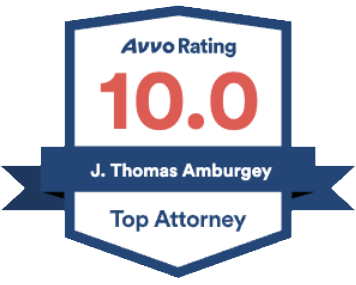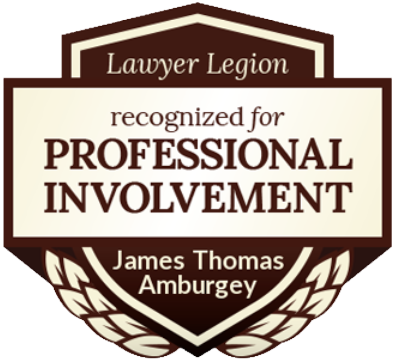Voluntary Manslaughter Defense in North Carolina
Voluntary manslaughter is a serious felony charge that falls between murder and involuntary manslaughter. While it is still considered an intentional act, it is not premeditated like first-degree murder. Instead, voluntary manslaughter is often described as a "crime of passion," meaning the act occurred in the heat of the moment under extreme emotional distress. Despite the absence of prior intent, a conviction can lead to severe legal consequences, including lengthy prison sentences and a permanent criminal record.
What Qualifies as Voluntary Manslaughter?
In North Carolina, voluntary manslaughter typically involves intentional killings that occur under circumstances that mitigate the offense from murder. Some common scenarios include heat of passion killings, where a person acts immediately after being provoked in a way that would cause a reasonable person to lose self-control. Imperfect self-defense is another example, where the accused believed they needed to use deadly force but did not have legal justification. Additionally, mutual combat, where two individuals engage in a fight and one is killed without prior intent, can also fall under voluntary manslaughter. Unlike murder, these situations involve mitigating factors that reduce moral blameworthiness but do not eliminate criminal liability.
Penalties for Voluntary Manslaughter in North Carolina
A conviction for voluntary manslaughter is classified as a Class D felony in North Carolina. Sentences range from approximately 4 to 17 years in prison, depending on the defendant’s prior criminal record and whether aggravating factors are present. Courts may impose significant fines, often in addition to restitution to the victim’s family. A felony conviction for voluntary manslaughter also results in long-term consequences beyond imprisonment, such as a permanent criminal record, loss of firearm rights, and difficulty securing employment or housing. Though less severe than murder, voluntary manslaughter convictions still carry life-altering repercussions.
Defense Strategies for Voluntary Manslaughter Charges
Defending against voluntary manslaughter charges requires a careful review of the facts and circumstances. Many cases focus on proving lack of intent, arguing that the killing was accidental or did not occur in the heat of passion. Self-defense may also serve as a defense if the accused was protecting themselves or another person, and the use of force was justified. In some cases, mistaken identity is a factor, where insufficient evidence links the accused to the crime. Additionally, any unlawful police conduct during the investigation—such as failure to follow proper procedures or obtain evidence legally—can lead to evidence being suppressed or charges being reduced.
Key Takeaways About Voluntary Manslaughter Charges
- Voluntary manslaughter is an intentional but non-premeditated killing, often occurring in the heat of passion.
- It is a Class D felony with a prison sentence of up to 17 years in North Carolina.
- Common defenses include self-defense, lack of intent, and mistaken identity.
- A strong legal defense can result in reduced charges, acquittal, or a more favorable sentence.
Choose Thomas Amburgey for Your Defense
If you are facing voluntary manslaughter charges, your future is at stake. Attorney Thomas Amburgey brings years of criminal defense experience, both as a former prosecutor and as a dedicated advocate for his clients. As a Board Certified Specialist in State Criminal Law, he understands the intricacies of North Carolina’s legal system and is committed to fighting for the best possible outcome in your case.
Contact Amburgey Law today for a confidential case evaluation and begin building your defense with an attorney who knows how to protect your rights and your future.
Recent Articles


CERTIFIED LEGAL SPECIALIST

THE LEGAL ELITE

Best Lawyers in America





